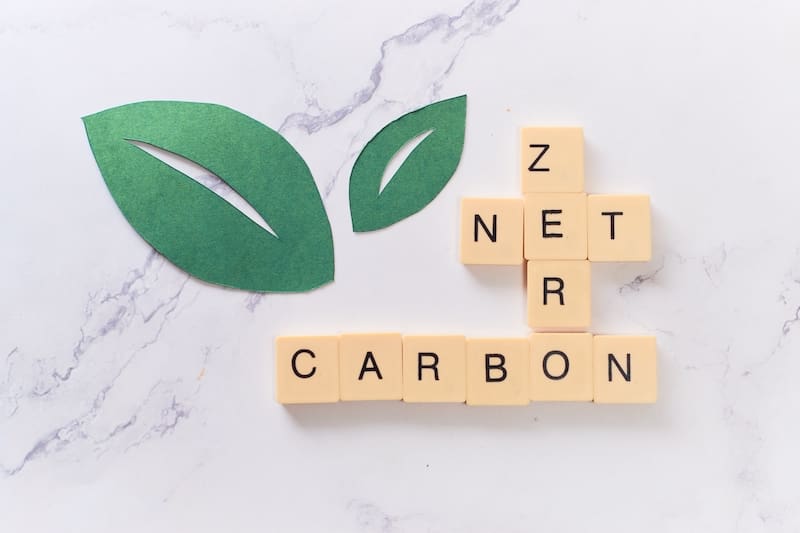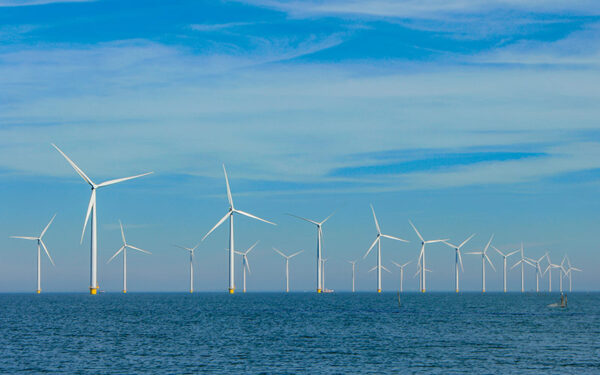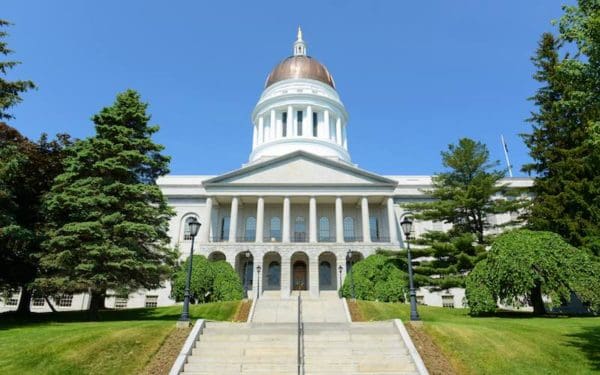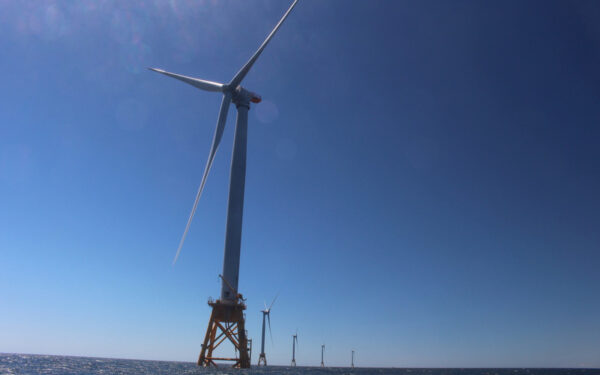
Net zero emissions by 2050. We've heard this term before – but what does it mean? And why is it important to our climate goals? Photo: Shutterstock.
Confusing terms fill the climate world, and all the jargon makes a troubling crisis that much more puzzling – what do any of these words mean, especially when we’re told that our lives are at stake?
One term that’s been particularly prevalent in New England lately is “net zero.” You’ve probably heard it when people talk about the climate laws passed by five of the region’s states. The goal of these laws is lessen climate damage. A few of them mandate slashing polluting emissions to net zero by 2050.
All of New England should strive towards net zero, even if at first it sounds confusing. Here’s why.
Carbon Pollution 101
The root of climate change is climate damaging emissions that warm our planet. This pollution spews into the atmosphere when we burn fossil fuels like gas, oil, and coal. Unfortunately, burning these fossil fuels currently powers our cars, heating, electricity, and so much more.
We can slash these polluting emissions in a few ways. We can transition towards clean energy, powering our lives with sources like solar and wind that don’t burn dirty fossil fuels to produce the energy we use. We can also focus on removing existing carbon pollution through a variety of strategies, like natural climate solutions which soak up carbon like a sponge.
So, Why Net Zero?
Net zero emissions means we do not spew more carbon pollution than we can soak back up. If you were to turn that into an equation, that would mean:
(the pollution we add) – (the pollution we remove) = 0
Hence, net zero.
The latest scientific reports tell us that we can’t wait any longer to act on climate. These scientists also tell us that we have to achieve net zero emissions to prevent climate change from worsening. Because the reality is, we’re experiencing climate impacts right here in New England, right now – and they’ll only increase in severity if we don’t slash climate-warming emissions.
We can’t only count on individual actions to stem climate change. Even with good intentions, they will never be enough on their own. We need larger, collective action undertaken by entire communities, towns, and, especially, states (not to mention federal action). To protect our families and communities, that collective action must slash climate-damaging emissions to net zero by 2050.
Let’s Get Moving to Net Zero By 2050
Consider net zero demystified! But how do we get there?
Nearly every New England state now has a climate law that tackles emissions from vehicles, buildings, and more. But we need to make sure these laws are strengthened and implemented – not just pipe dreams. At CLF, we’re working to ensure that each state has concrete plans to meet these goals, like the Vermont Climate Action Plan and Massachusetts’ Next Generation Roadmap law.
That’s where we need your help. Sign up for our e-news to get the latest opportunities to act on climate delivered directly to your inbox. Tell your local elected officials, representatives, and legislators that climate action matters to you, and that we must act now to reach net zero emissions by 2050.
Climate change might have a lot of confusing terms, but one thing is clear: We can solve this crisis by drastically cutting polluting emissions – and we can get there with a net zero goal.




